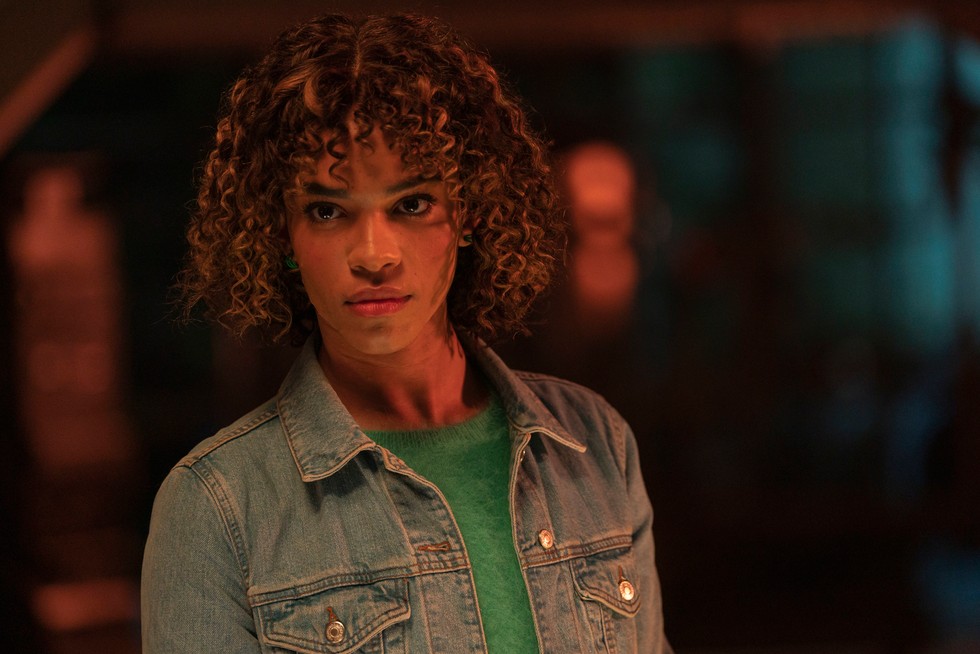The 60th-anniversary specials of Doctor Who were generally well received, however, it was impossible to ignore the rather clunky insertion of “current year” as is pretty much expected of the BBC these days. It wasn’t the inclusion of Yasmin Finney’s trans character of Rose Noble that caused issues.
It was the on-the-nose resolution of a plot point in the first special – The Star Beast – that made not-so-veiled digs at men in general, and revolved around Rose being a trans while undermining the character of the Doctor.

The British broadcaster has reportedly received 144 complaints from viewers, referring to this as “anti-male” and “inappropriate”. The BBC issued a response on its complaints website:
“As regular viewers of Doctor Who will be aware, the show has and will always continue to proudly celebrate diversity and reflect the world we live in. We are always mindful of the content within our episodes.”
Back before Christmas, returning showrunner Russell T. Davies Davies said he will not be changing course around representation on screen in his show:
“[There are] newspapers of absolute hate, and venom, and destruction, and violence who would rather see that sort of thing wiped off the screen destroyed. Shame on you, and good luck to you in your lonely lives.”
The episodes were watched by more viewers than the last few installments of Jodie Whittaker’s run combined. Finney will return in the upcoming fourteenth season in May. Before he cast Ncuti Gatwa in the lead role, Davies auditioned male, female, and non-binary actors for the part.
Doctor Who has been listed in Guinness World Records as the longest-running science-fiction television series in the world, as well as the “most successful” science-fiction series of all time, based on its overall broadcast ratings, DVD, and book sales.
Check back every day for movie news and reviews at the Last Movie Outpost









